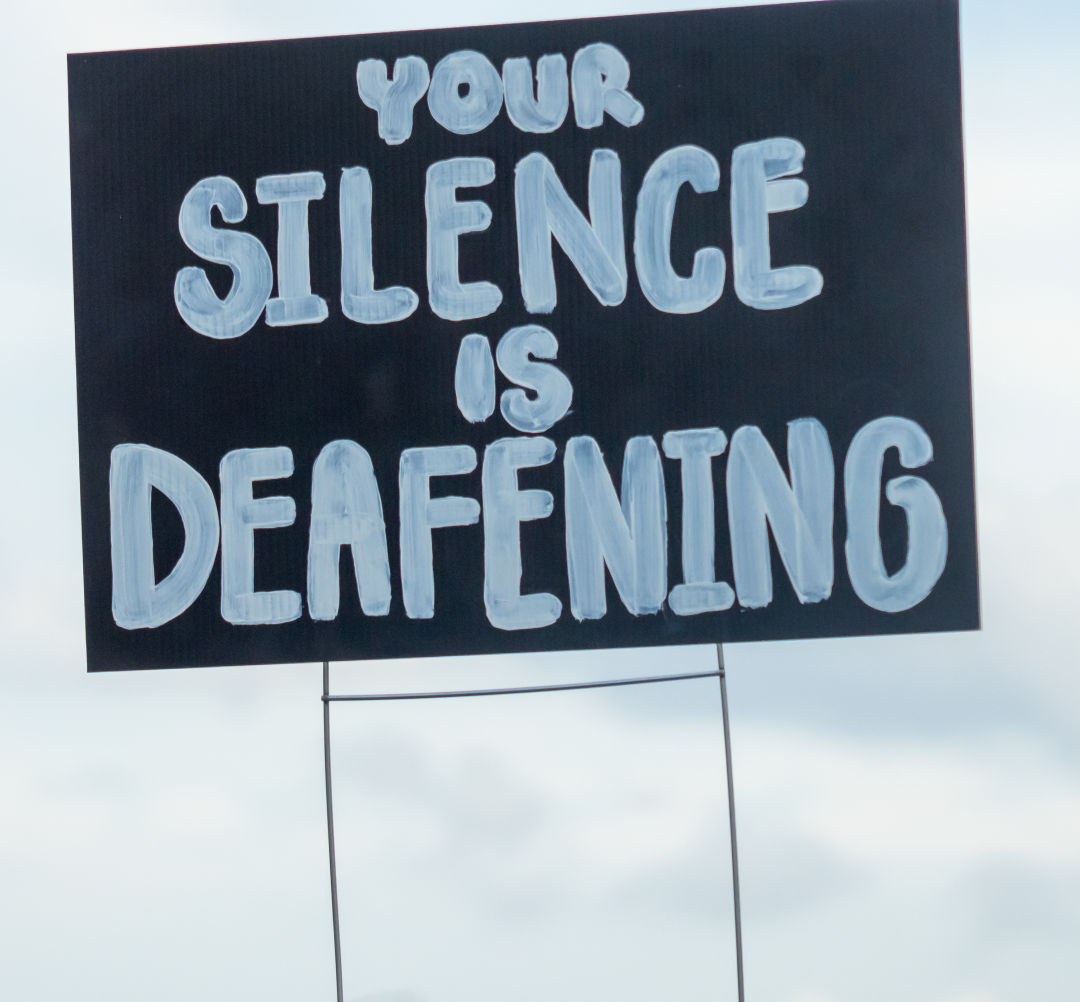Ask a (Teenage) Ethicist

If you’re out there with a light touch of insomnia these days, awake at 2:30 a.m. pondering questions with no easy answer—should we expand our quarantine bubble? what's the safest way to protest in a pandemic, and where is individual safety as a priority right now, really?—well, welcome to the club.
The year 2020 has been a lot thus far. (If reality were fiction, we’d strongly advise cutting a number of subplots: Do we really need the murder hornets? Isn’t the whole thing about lightning striking the Washington Memorial a little too on the nose?). To sort through some of our tough questions, we turned to Jenny Duan, 15, a member of the Jesuit High School ethics team, which won the 2019 National High School Ethics Bowl, who has been quarantining at home with her extended family.
Q: Some of Oregon’s biggest coronavirus outbreaks have been at farms and food processing plants; many of the workers at agricultural operations are Latinx migrant workers. Given what we know about working conditions and the spread of the virus, is it ethical to buy local fruit this summer?
A: That is a tricky question. On one hand, these workers are sometimes forced into a situation where they don’t have another choice but to work on these farms to support their families, given government and corporate policies. But buying berries is not the problem. Stopping the berry-buying is an end-pipe solution, like putting on a bandage. Reducing all demands means reducing all jobs to those people who may need them. Instead, put your money where the berries are the most ethical. Demand higher wages and fairer working conditions. Support farms that don’t use practices that prey on migrant workers.
Q: Is it ethical to volunteer to help clean up after a demonstration in downtown Portland (examples might include helping businesses clean up any damage, picking up any debris or by cleaning graffiti) or does this risk erasing the actions of a movement that has been marginalized unfairly for centuries?
A: In terms of cleaning up, it can be a way to show solidarity, especially within communities of color. It can be a sign of strength and that change is coming. I don’t think that the purpose of the cleaning up is to erase (the protests) from view, but to help some of the smaller businesses affected recover. Now, destroying property to bring attention to the movement—it is the intention that determines its ethicality. If protesters are trying to make a statement about injustices committed due to the structure of society? I wouldn’t say it is permissible, but it is understandable.
Q: Should I join a Black Lives Matter protest if I live with someone who is immunocompromised?
A: I think that, obviously, if you are a vulnerable party or have vulnerable people living in your home, it is important to stay home. But in this case, showing solidarity with Black Lives Matter might be a more important cause. You can protest and still minimize contact with people to the best of your ability. And you can protest from home, with money, with advocacy, with educating family and friends. Those ways of spreading [the message] can be just as powerful.




